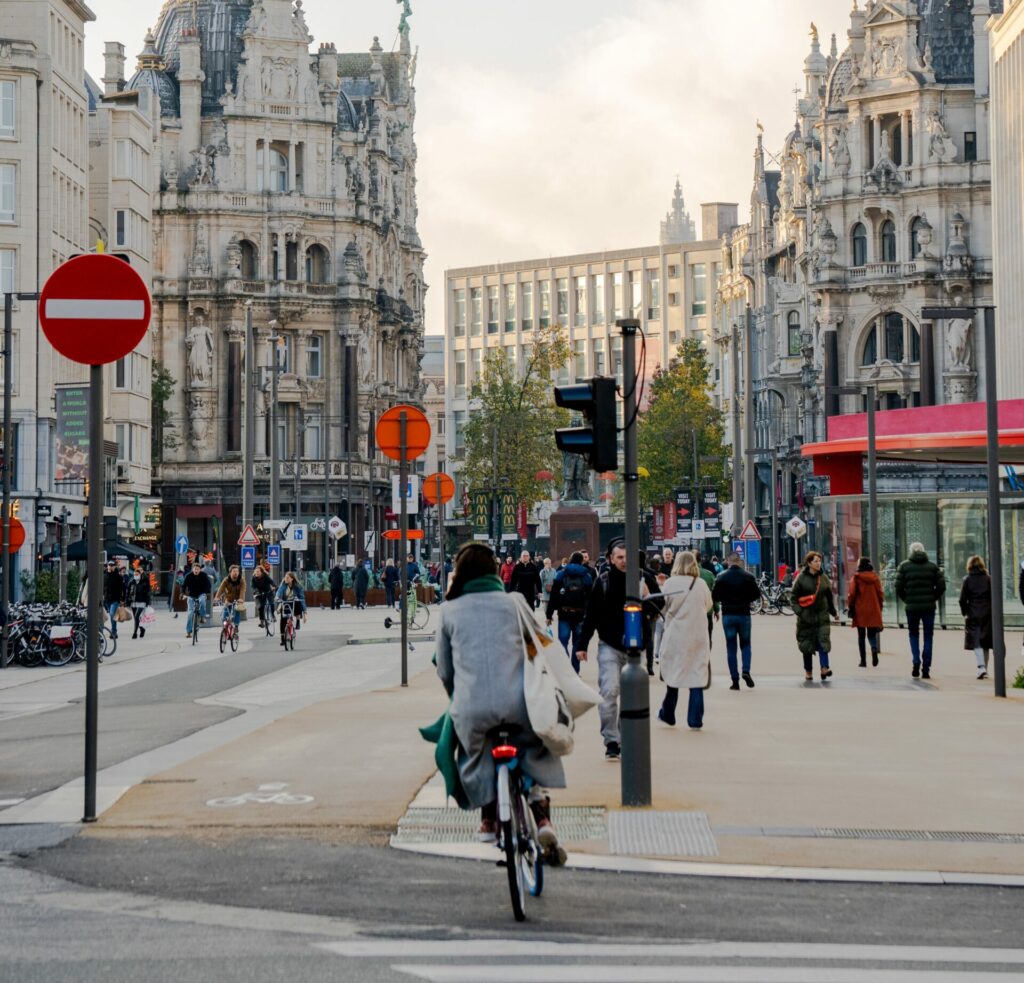Antwerp and Brussels have risen in a new edition of the Sustainable Cities Index, a study by the consultancy Arcadis. Antwerp climbed from 43 to 27, while Brussels went from 47 to 38. Topping the list is Norway's capital Oslo.
100 cities were ranked on three main criteria: people, planet and profit. Comparisons are made between infrastructure, green space, air quality, work-life balance, business climate and connectivity.
People and economic development
For the 'people' criterion, Brussels ranked 21st and Antwerp 23rd. This takes into account personal wellbeing, health, education and crime, as well as work-related issues such as income equality and work-life balance. Other important factors for urban living include public infrastructure, broadband and availability of wifi.
The index stresses that no city achieves top scores on all parameters. However, for economic opportunities, Belgian cities lag behind. In terms of commercial profits, Brussels sits in 59th place and Antwerp even lower at 67. This assessment considers a city's business environment including job security and quality, access to transport, employee connectivity and affordable housing.
American cities such as Atlanta, Baltimore and Chicago perform well, yet the index notes that a city cannot be considered truly sustainable if citizens are priced out due to rising costs. Cities that score highly on economic development tend to do less well in terms of work-life balance, showing how business and sustainable employment can be misaligned.
Environmental sustainability
In the 'planet' category, Antwerp scores highly at 8th place. The researchers consider this pillar to be the most important. "Environmental sustainability is the fragile foundation on which human lives and company profits are built; without first protecting the environment, the prosperity of communities, businesses, or entire markets cannot hope to be sustained," the report said.
This ranking takes into account efforts to limit greenhouse gas emissions, public transport, energy consumption and efficiency. Brussels is in 30th place.
UN Habitat estimates that although cities account for less than 2% of the world's surface, they consume 78% of energy and are responsible for more than 60% of greenhouse gas emissions.
To become truly sustainable, a city must strike a balance between the different pillars of the sustainability index.

